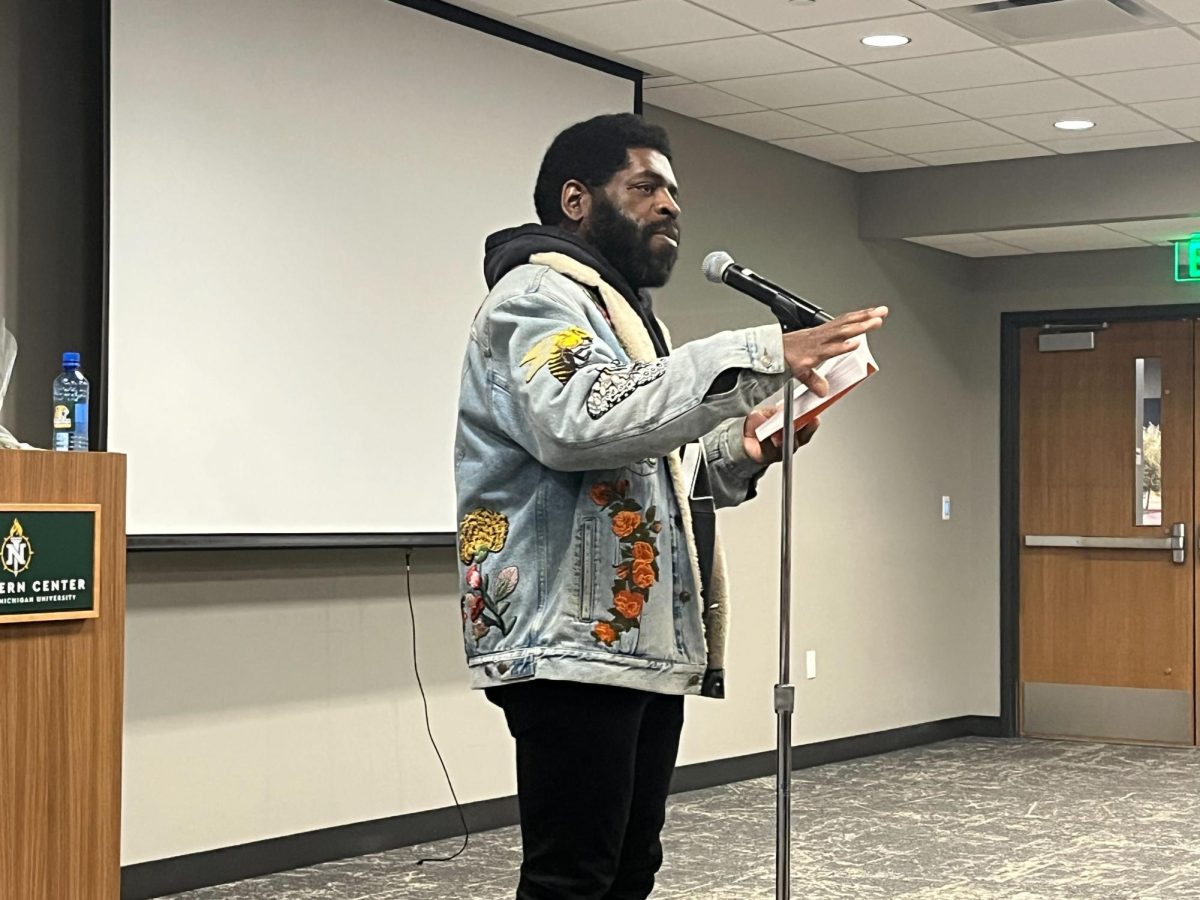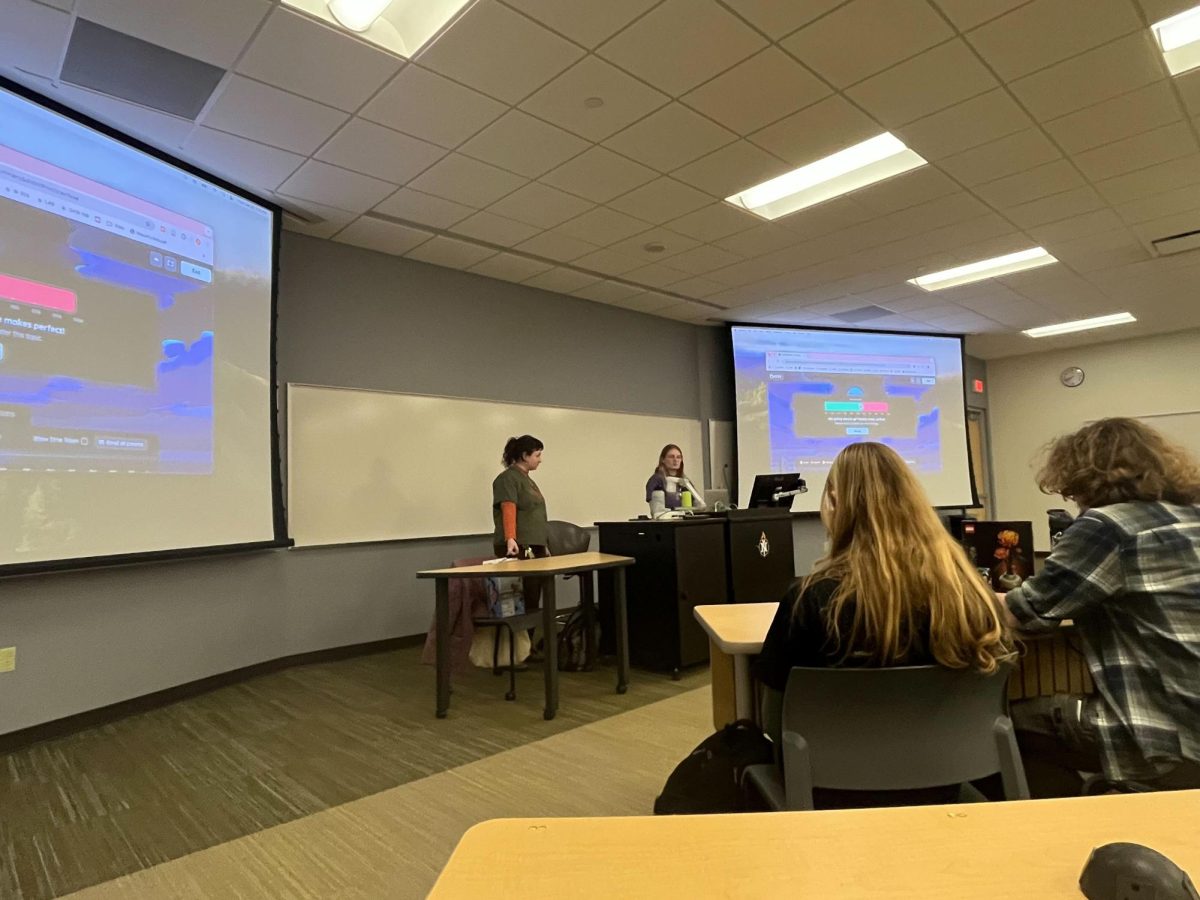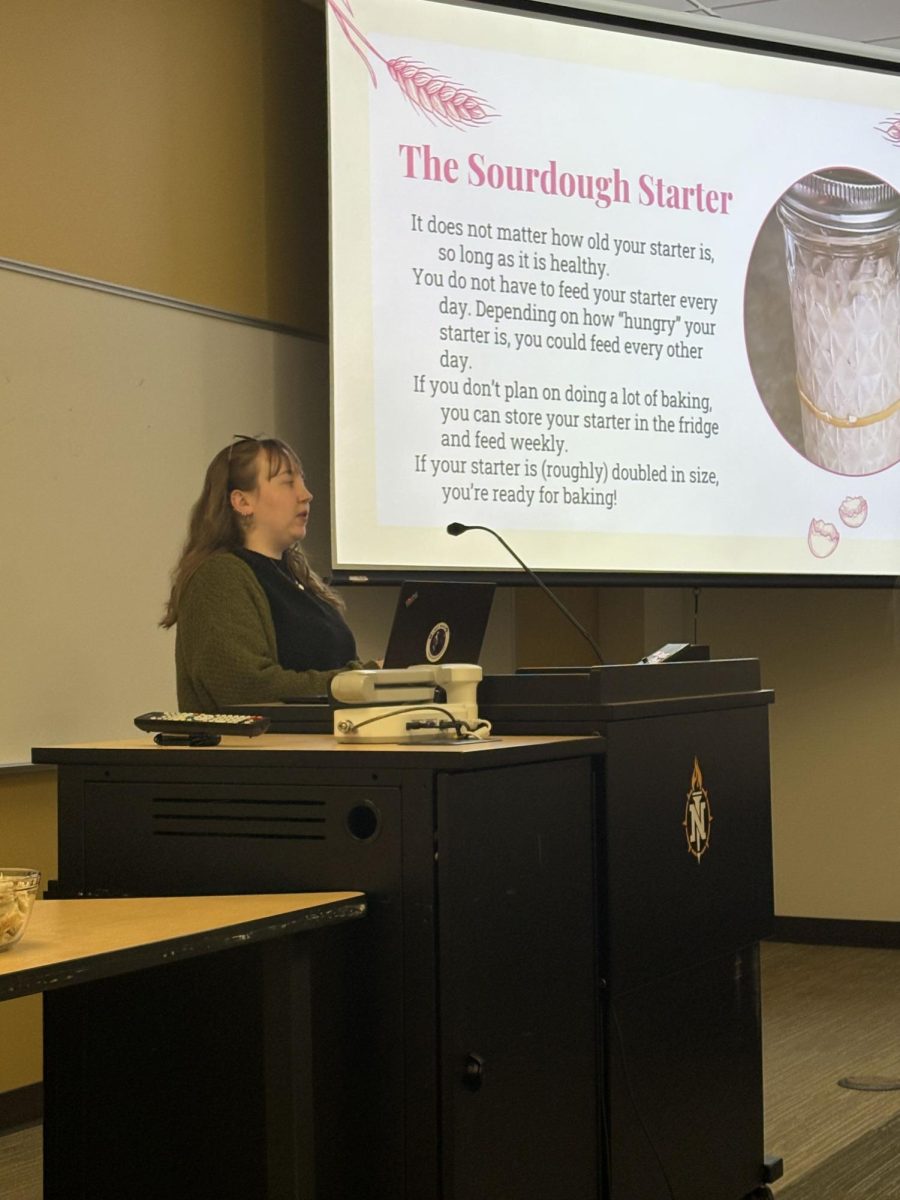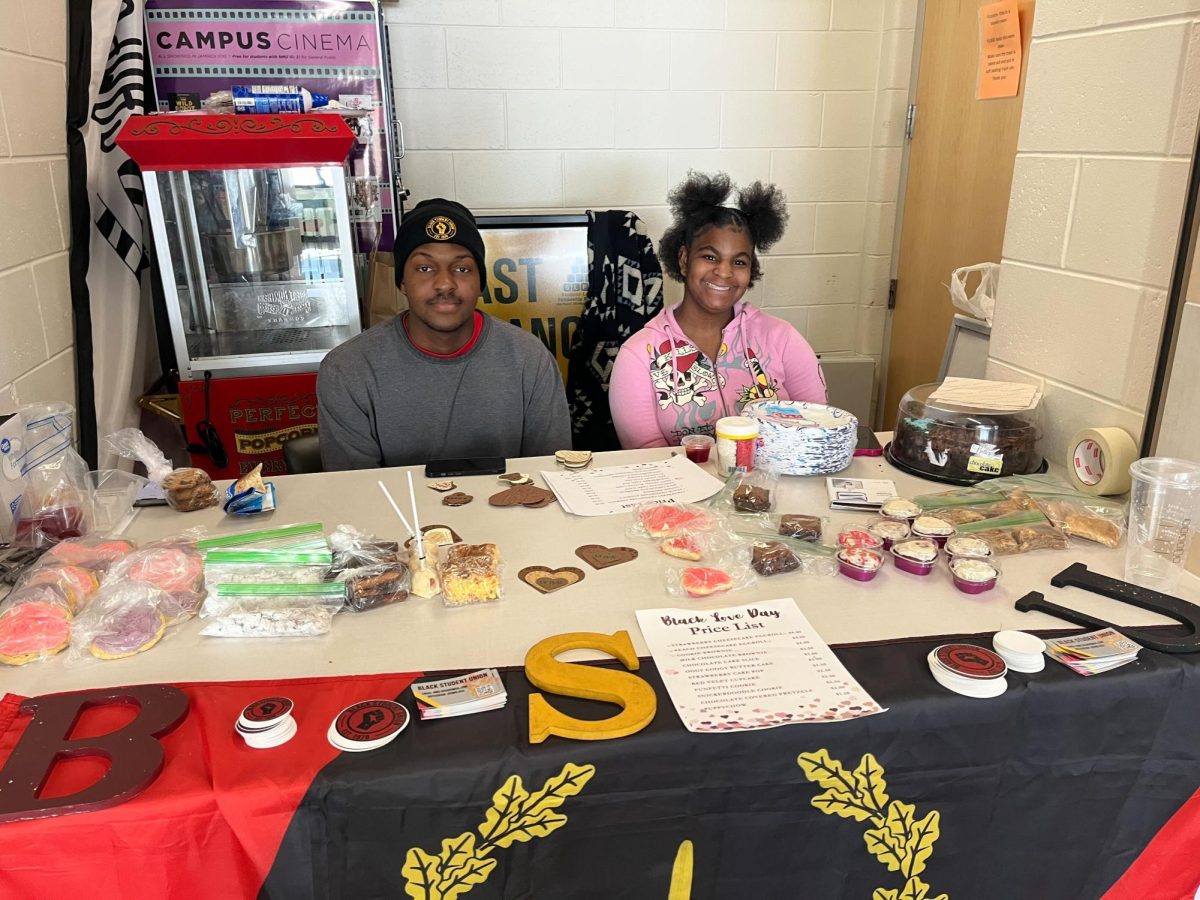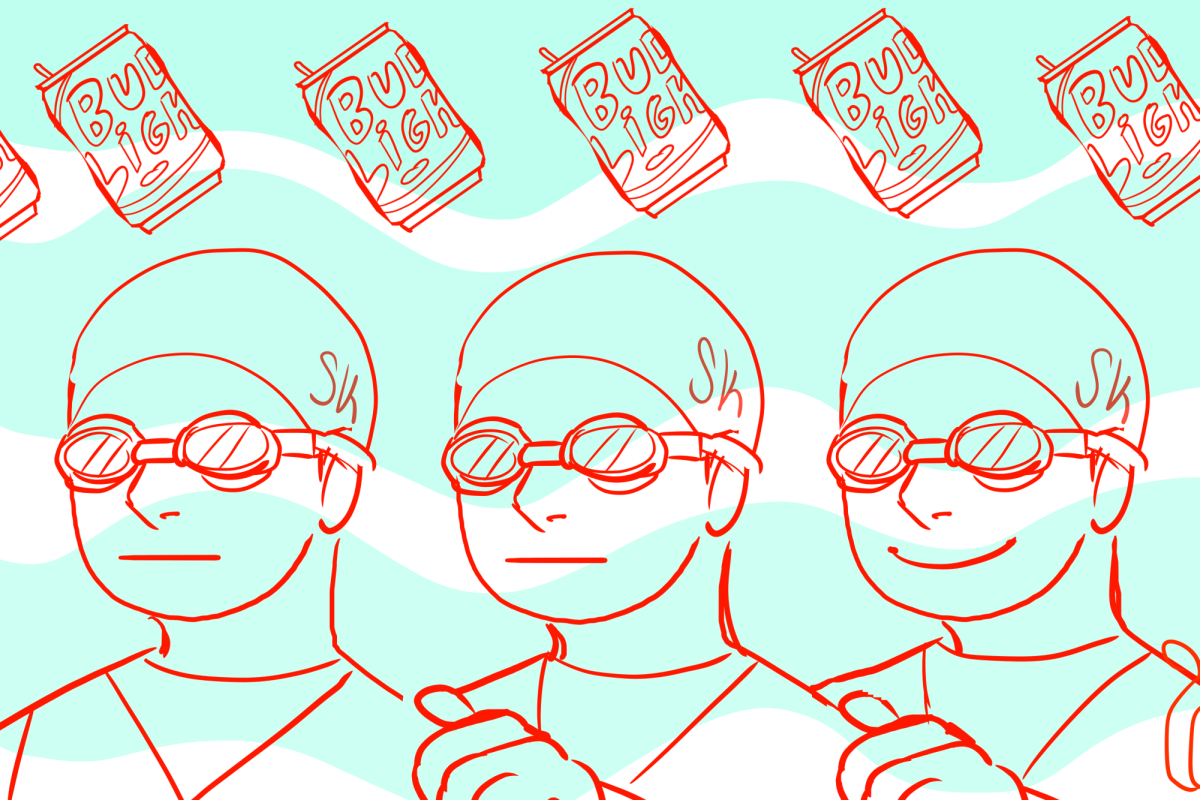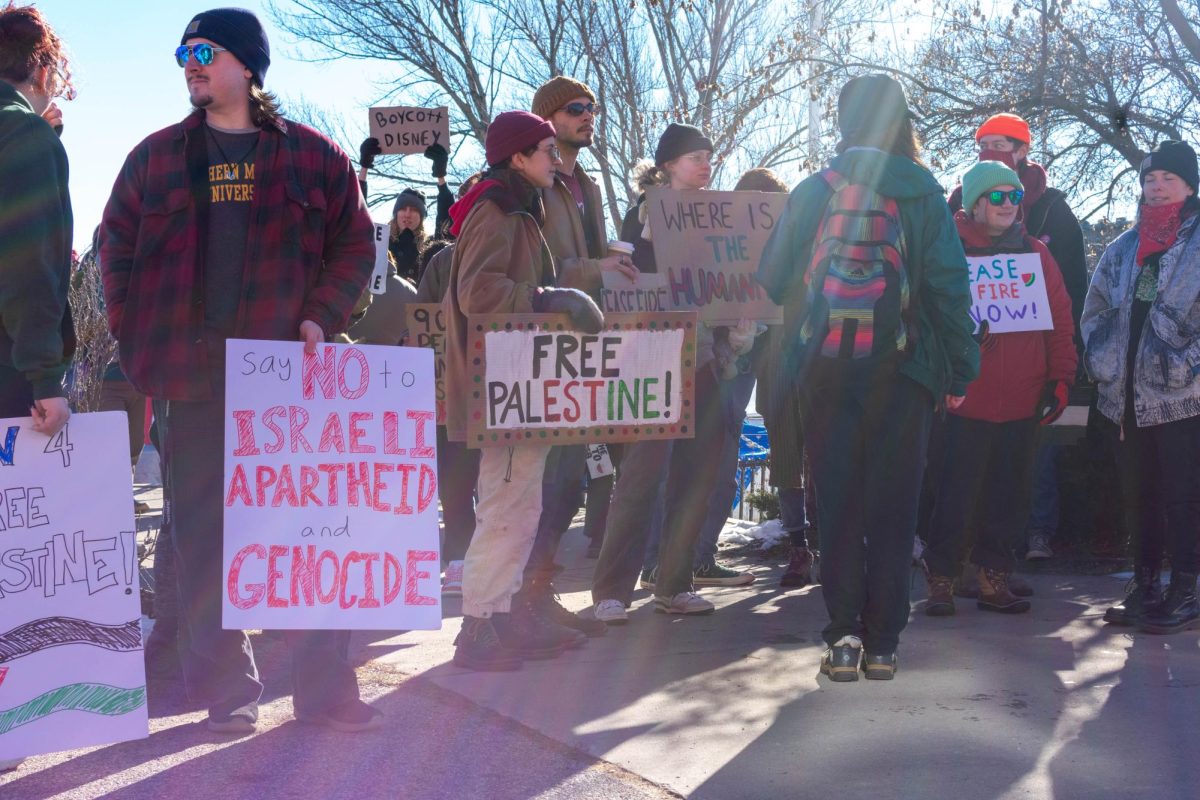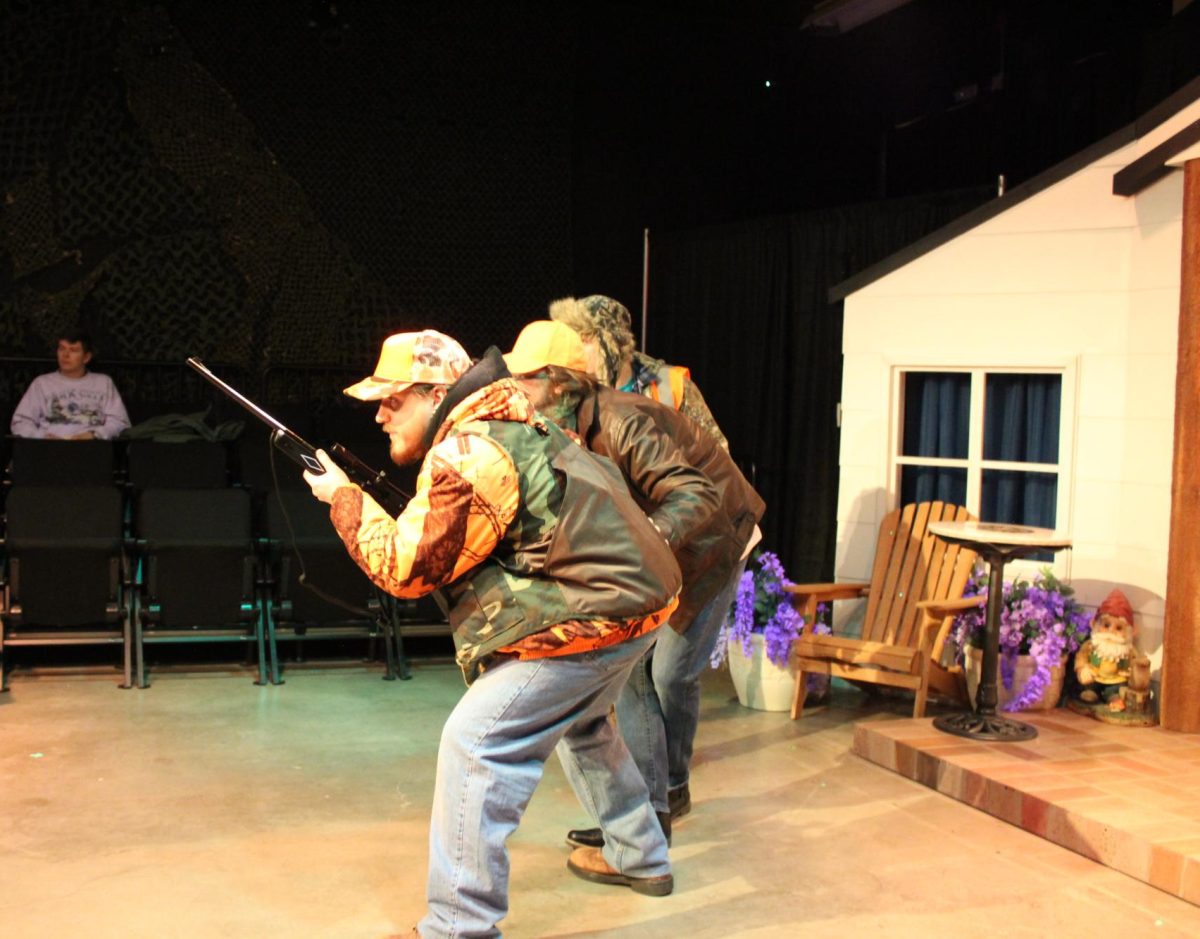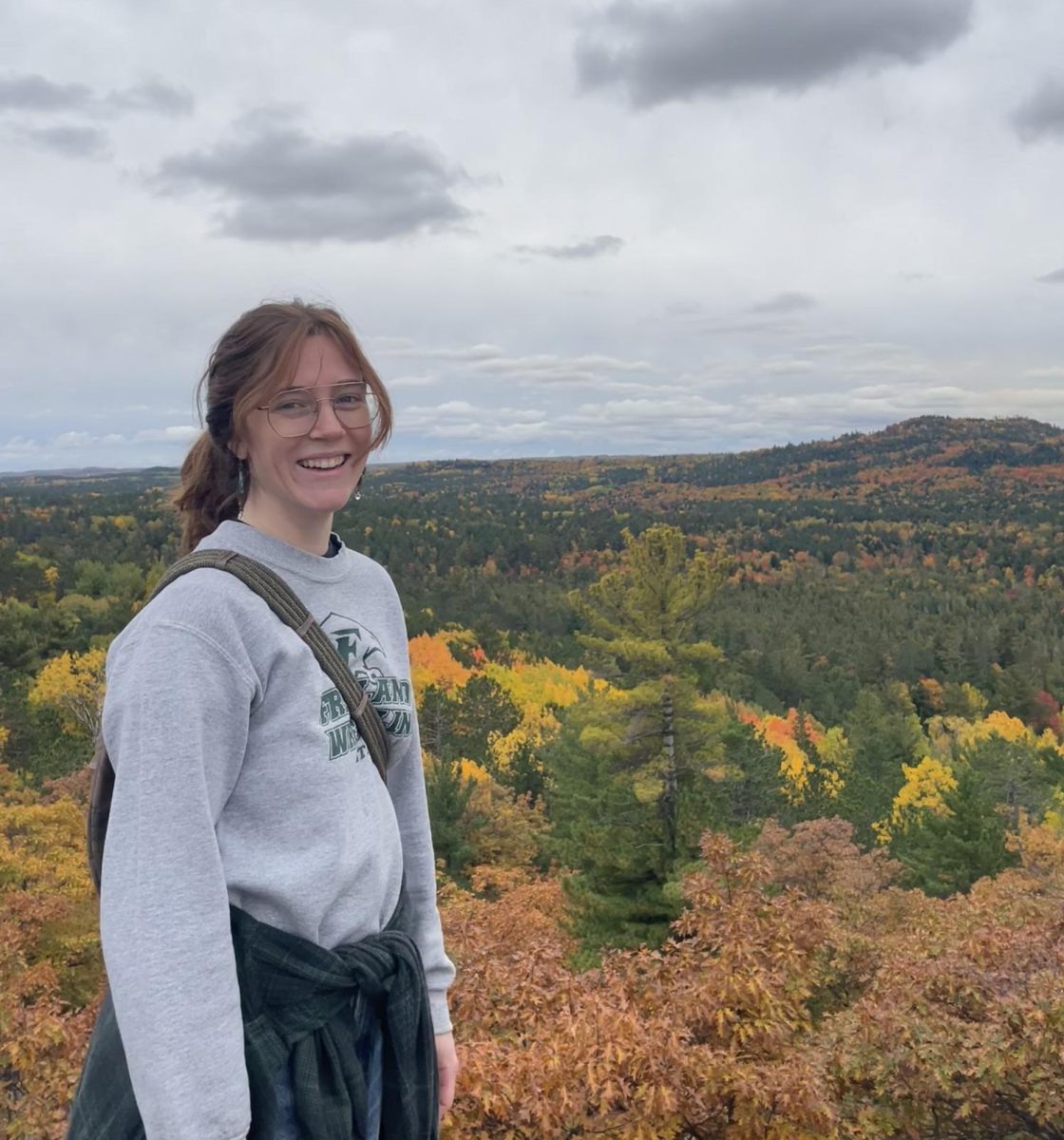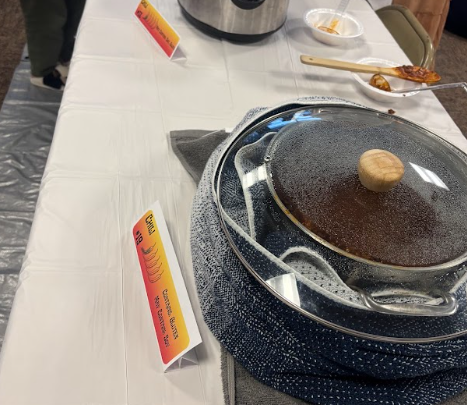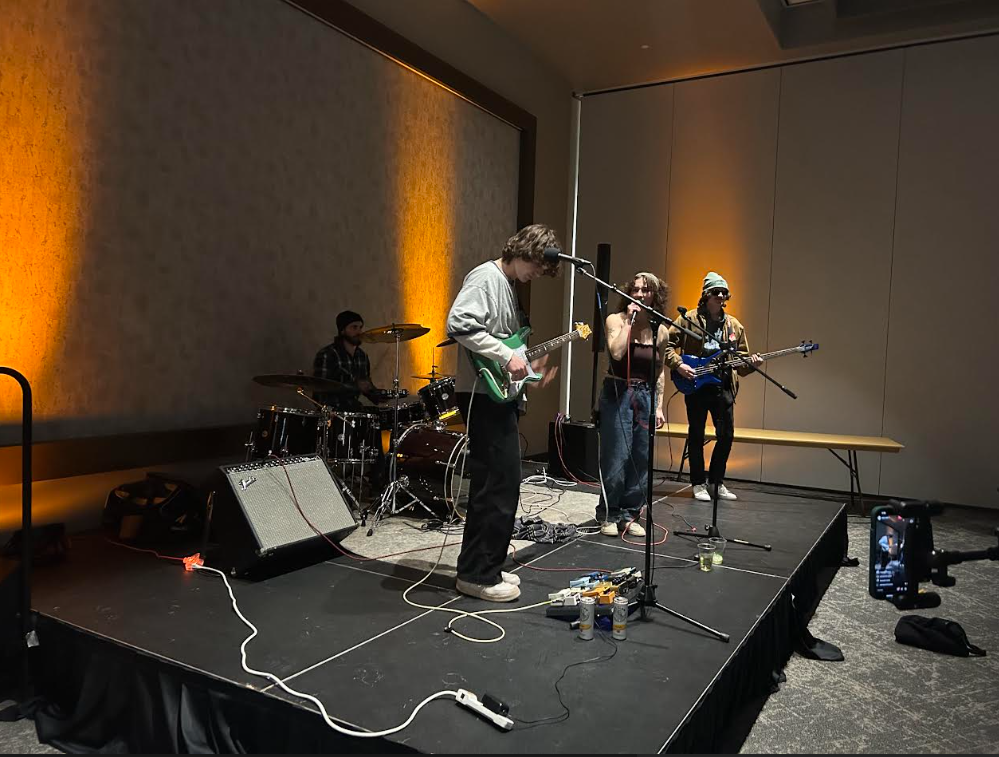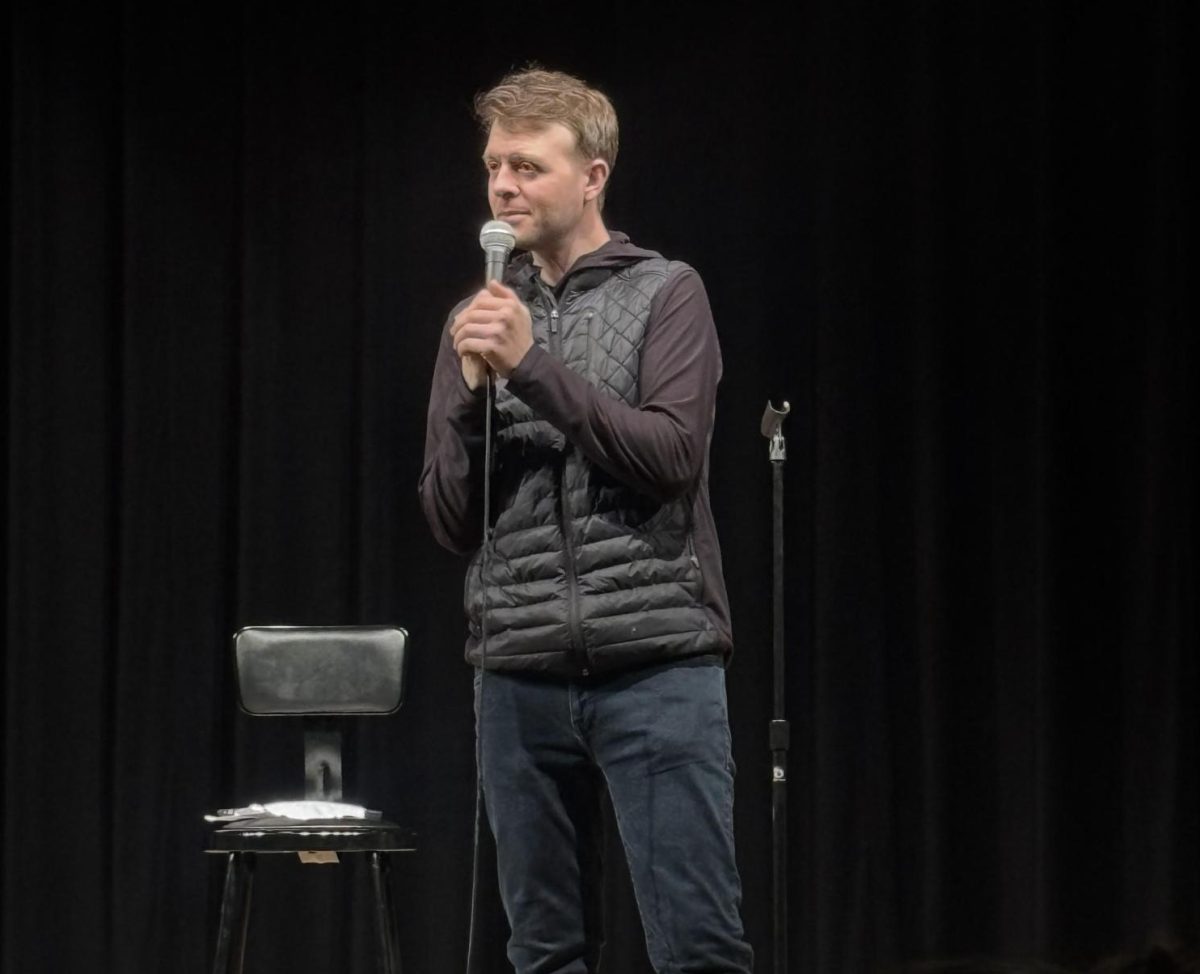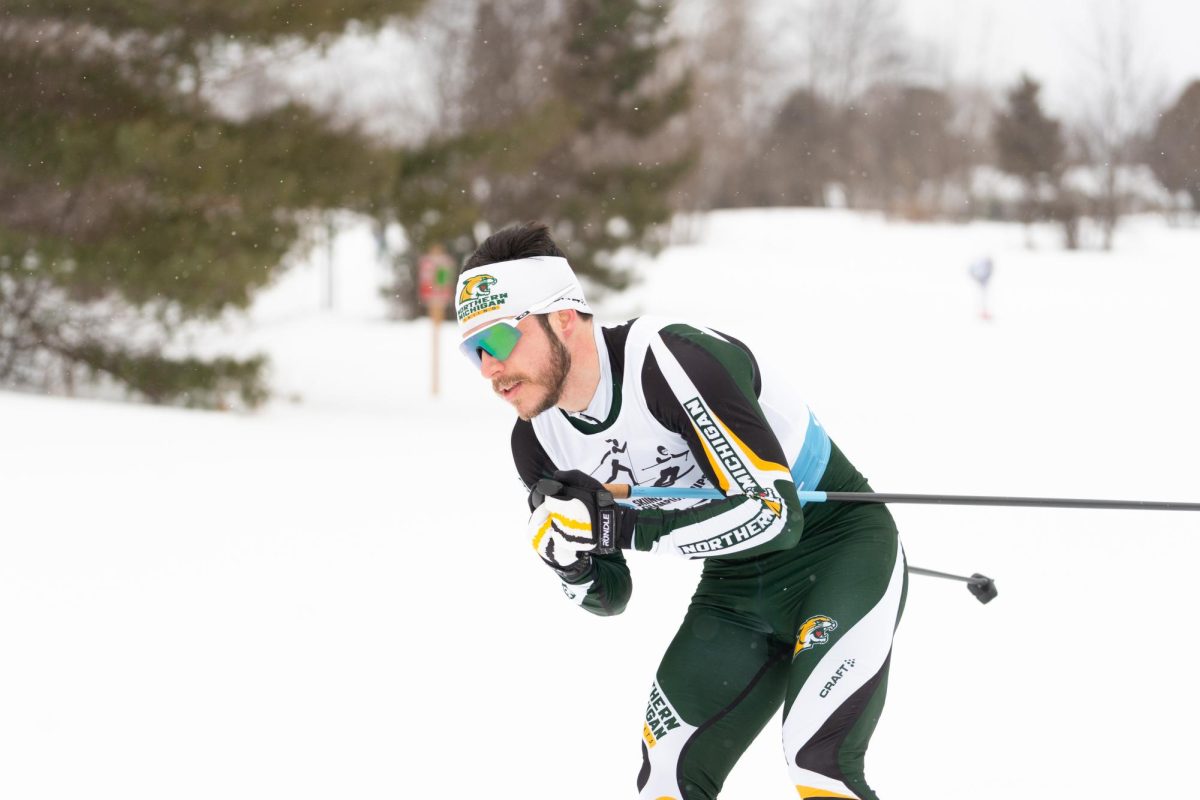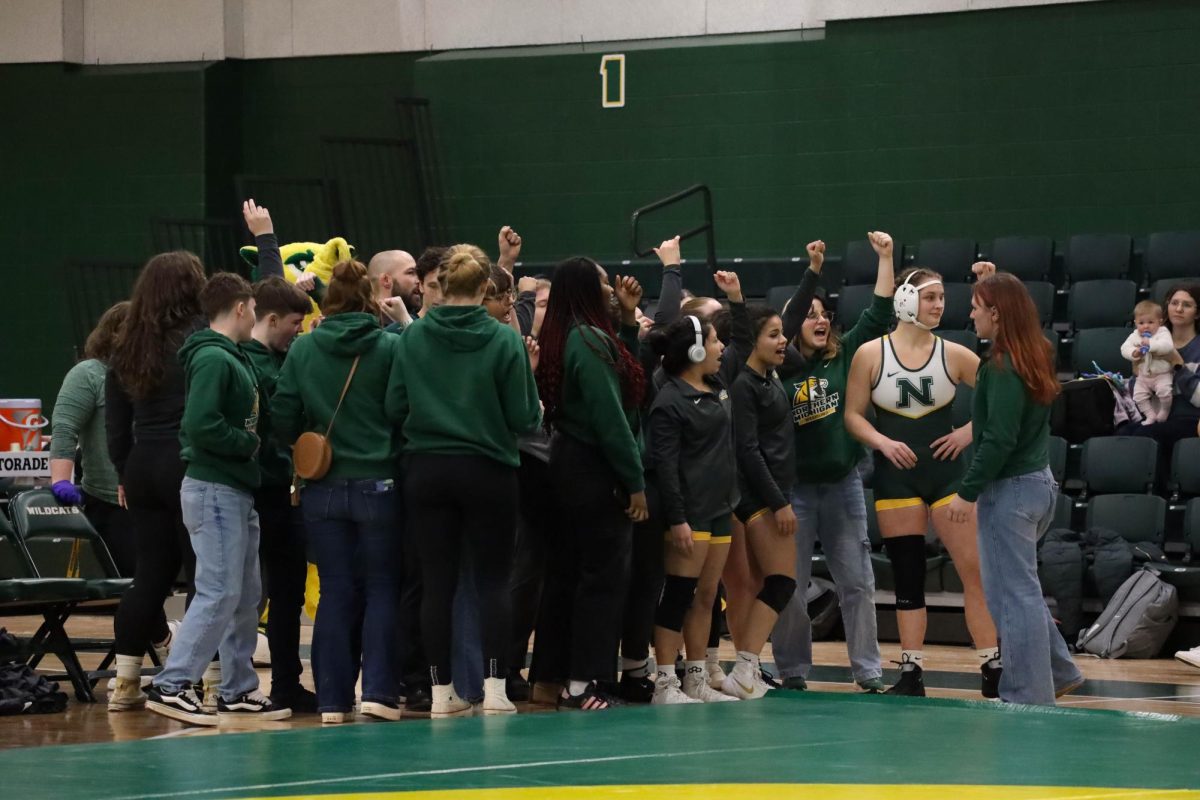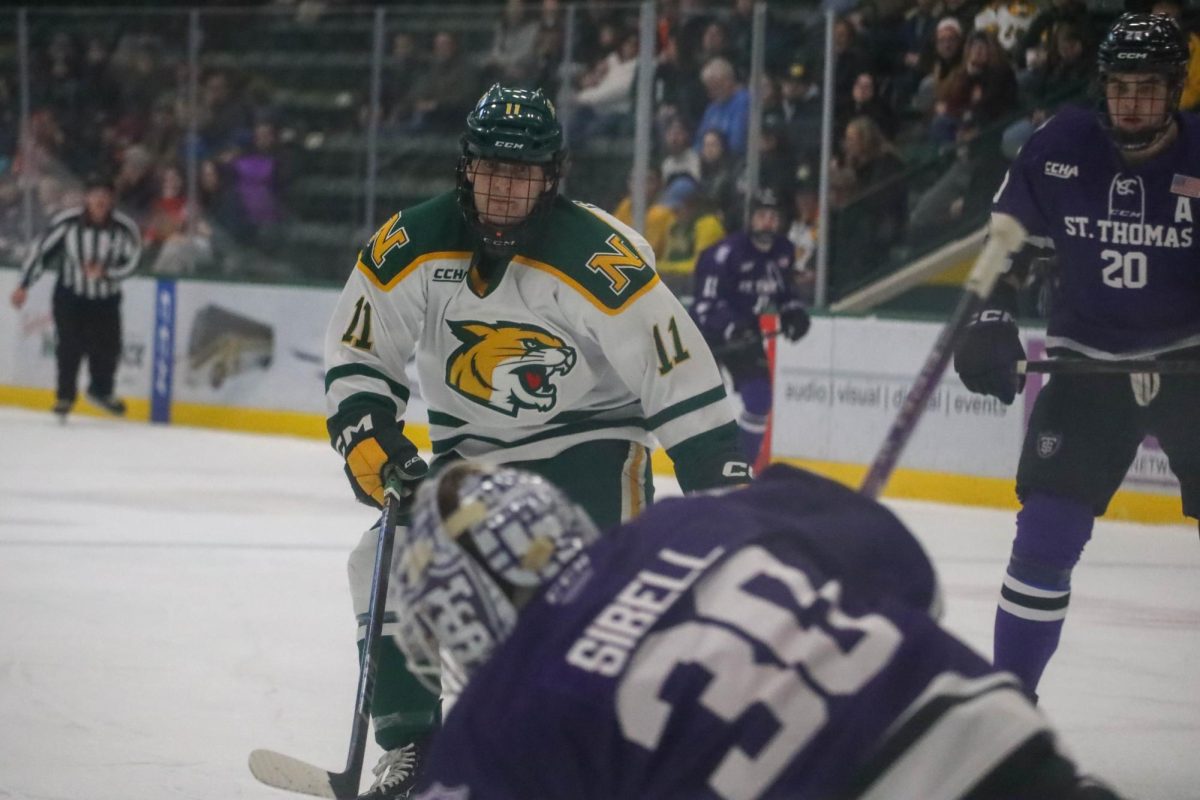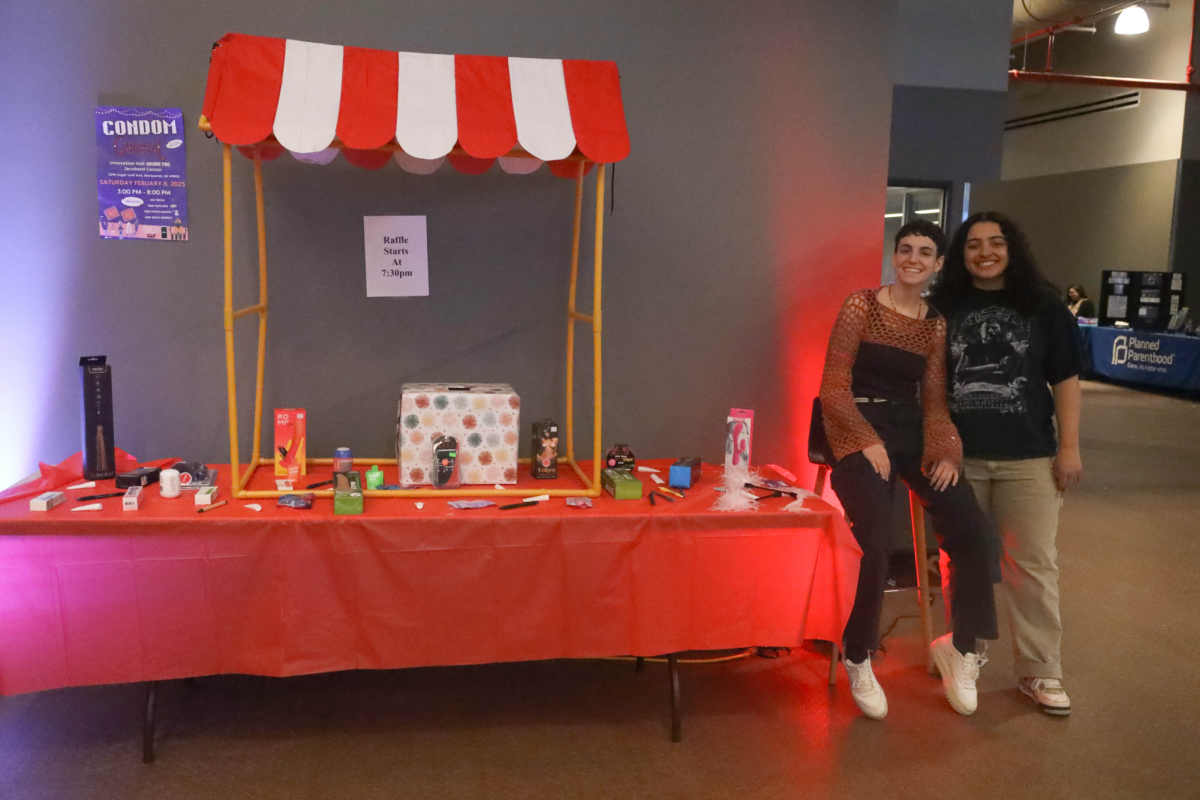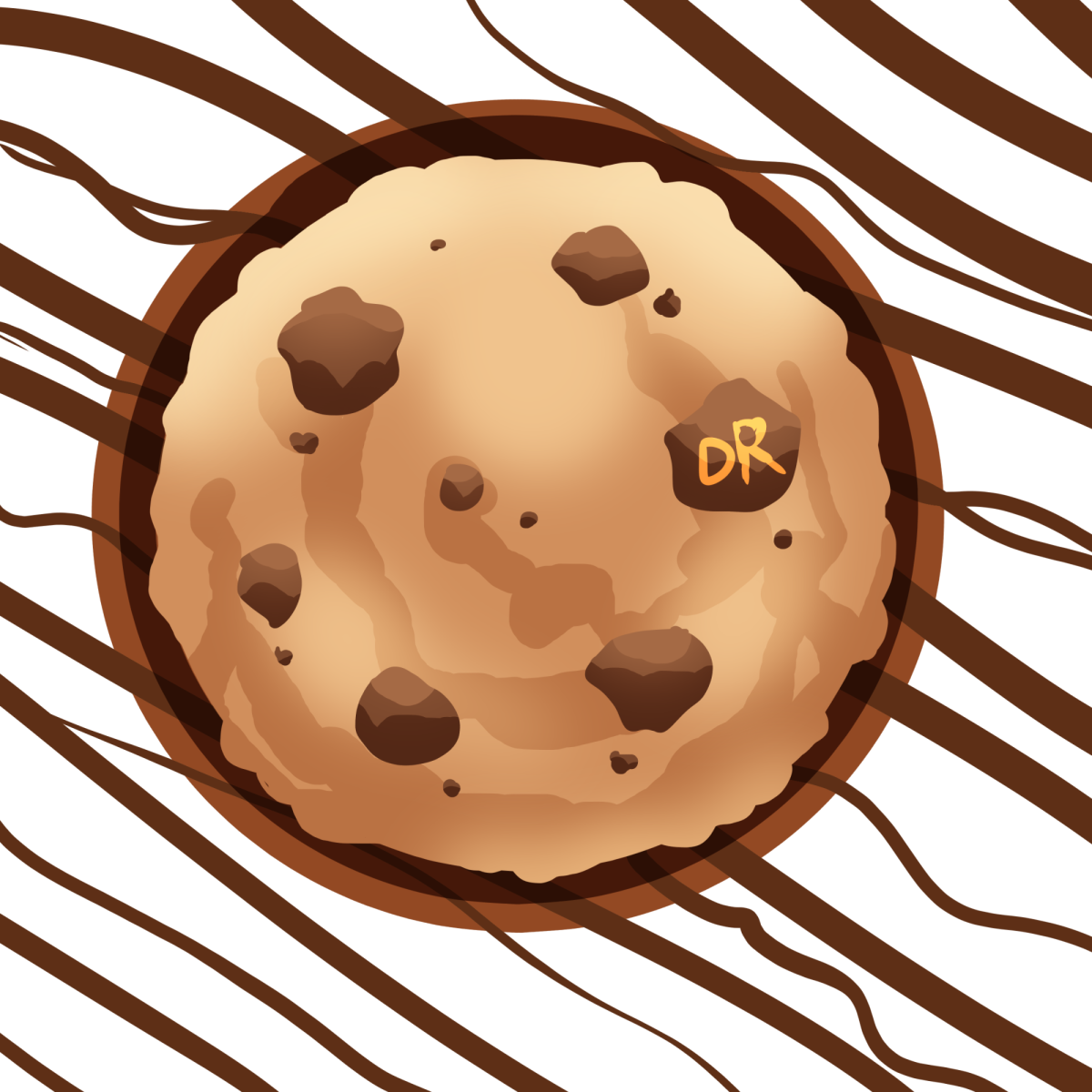A fair number of students gathered inside a Jamrich classroom on Friday afternoon to receive a lecture on the topic of sexual assault in today’s society.
Alan McEvoy, head and professor of sociology and anthropology, spoke at Northern on the topic of sexual assault with emphasis on the phenomenon known as Post Traumatic Growth (PTG).
The hour-long lecture, titled “Sexual Assault in Context: Implications for Research and Practice,” was delivered on Friday, Feb. 3 in 1322 Jamrich Hall. The discussion initially focused on pointing out the flaws of how the public and even professionals misunderstand the motives and healing processes of sexual assault. While the event was mostly intended for psychology students, the public was also invited to stay for cookies and lemonade provided with the lecture.
Sexual assault is a highly emotionally charged topic, McEvoy said. To help solidify that point, he played a recording of a Slam Poem by two women, Desireé Dallagiacomo and FreeQuency, on the topic of rape culture to show the idea that society encourages sexual assault.
After the video, McEvoy turned to the stunned and silent room with, “My first response is ‘yikes.’”
He then went in on the topic of not understanding motives for sexual assault. McEvoy listed out a myriad of potential motives as well as different methods in which assaults can happen.
He also listed many different forms of rape and said that contemporary understanding of rape motivation is “grossly over-simplistic.”
McEvoy elaborated saying that little research is done on non-traditional perpetrators of sexual assault, such as homosexual rape, statutory rape committed by women and even children committing sexual assault.
Even when a rapist is caught and goes through the judicial system, he said, “We don’t know how to cure serial rapists.”
PTG was the primary topic from then out, an idea that victims of trauma shouldn’t feel like they are doomed to Post Traumatic Stress Disorder (PTSD). McEvoy continued by saying there is an expectancy bias among recovery professionals that their clients will suffer from PTSD which can influence them into being subject to it when they wouldn’t have otherwise.
The theory of PTG, still in its infancy, was created by Lawrence Calhoun and Richard Tedeschi of North Carolina University. They argue that victims of trauma report some positive things about their life after having experienced it, such as a renewed appreciation for life. This method of understanding would cultivate these feelings to aid the victim and bring about their recovery.
“I really like the idea of PTG,” said senior nursing major, Martha Iciek after the lecture was finished.
Before the event was over, McEvoy quickly spoke on movements to end sexual assault— showing motivational posters advising young men to stop others they see as a potential threat to women. The message is to combat the idea that engaging in sexual relations with anything less than total consent is ‘cool’ and that it is most brave and noble to stop others, especially friends, from hurting someone.
As parting words for the guests, McEvoy had a message, “Rape is preventable. Be part of the solution, not the problem.”

